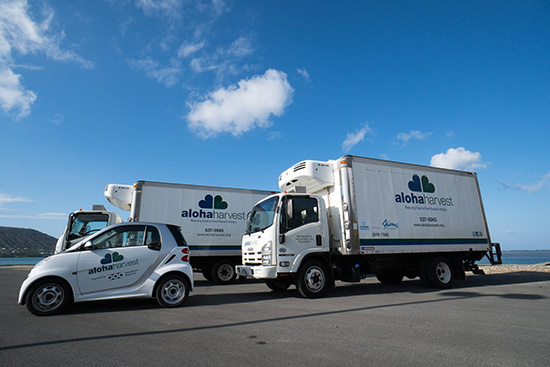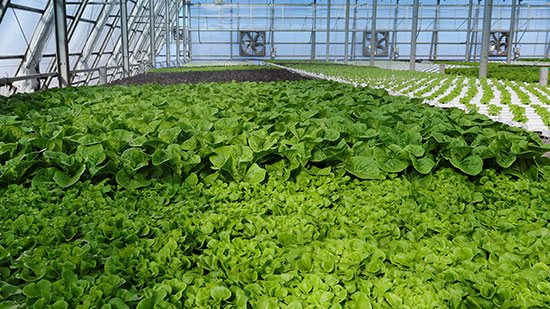
– Wikimedia Commons
by Juliet Llarenas, Special to Ka ‘Ohana
With climate change triggering more natural disasters around the world, former boy scouts Josh Thomas and Wesley Gamez think the survival skills they learned during their scouting days may not only be helpful but critical.
Thomas is a former Eagle Scout,which is the highest rank of the Boy Scouts of America. Growing up in Hawai‘i, he learned how to hunt, fish and grow vegetables in his yard. As a maintenance worker at a local resort on the North Shore, he often shares with tourists where the best spots to fish are.
Gamez, a sociology student at the University of Hawai‘i at Mānoa, said if there was a natural disaster, he would fish for his meat.
“You can pretty much fish around the entire island,” said the California native. “That is the best part of living in Hawai‘i.”
A hunting license from the Hawai‘i Department of Land and Natural Resources is required to hunt in the state whether on public or private land. The department sponsors a hunter education program that teaches people where to hunt, what they can hunt, and in some cases when they can hunt certain animals. It is believed the most commonly hunted animal in Hawai‘i is the wild boar, usually found deep in the mountains.
As former boy scouts, Thomas and Gamez also learned how to get clean water and make fires. To get clean water, they said the simplest way is to use water filters and purifiers. If those are not available, the next best option is to boil water. When the water is boiling, the evaporating water needs to be trapped by putting a cover over the pot that condenses and drips the water out and into a different container. A funnel and tube work best.
Purifying water can also be done without access to a fire. In a warm climate such as Hawai‘i, they said to simply put water in a bucket with a tarp-lined or plastic-lined hole (the larger the surface area of water, the better). Make sure the water is in direct sunlight. With another piece of clean and clear plastic, mold the plastic into a half pyramid shape to cover most of the water. The trap will then condensate the naturally evaporating water and drip the water down into the lower center point where there is another clean container.
Another skill that is useful is the ability to make fires. Thomas said that assuming that matches and lighters are not available, the next alternative would be the flint and steel method. Flint is a type of hard gray rock. The flint must be placed against the material needed to catch fire. Press and quickly slide the steel striker down into the flint. These materials will eventually get worn down over time but will be able to withstand several months throughout a natural disaster.
Another way to make fire is the hole in the ground method. Gamez said to make a small hole in the ground and put dry leaves into the hole. Then grab a piece of dry wood and put it in the hole as well. Grab a dry stick, put it on the wood vertically, and then rub the stick in a spinning motion with your hands fast enough to cause friction for a fire.
As both Thomas and Gamez are asthmatic, climate change is a critical issue for not only them but their families and future children as well. However, climate change affects everyone, which is why they both believe it is important to share their survival skills to help others during natural disasters or any unforeseen circumstances.




